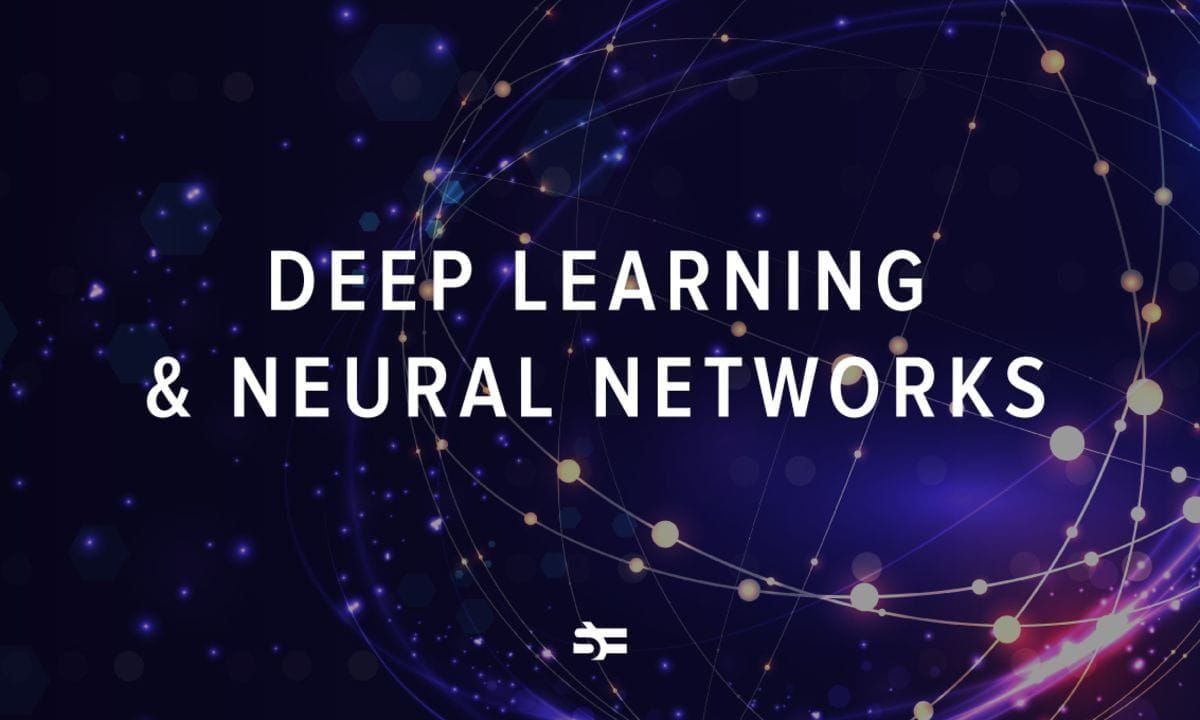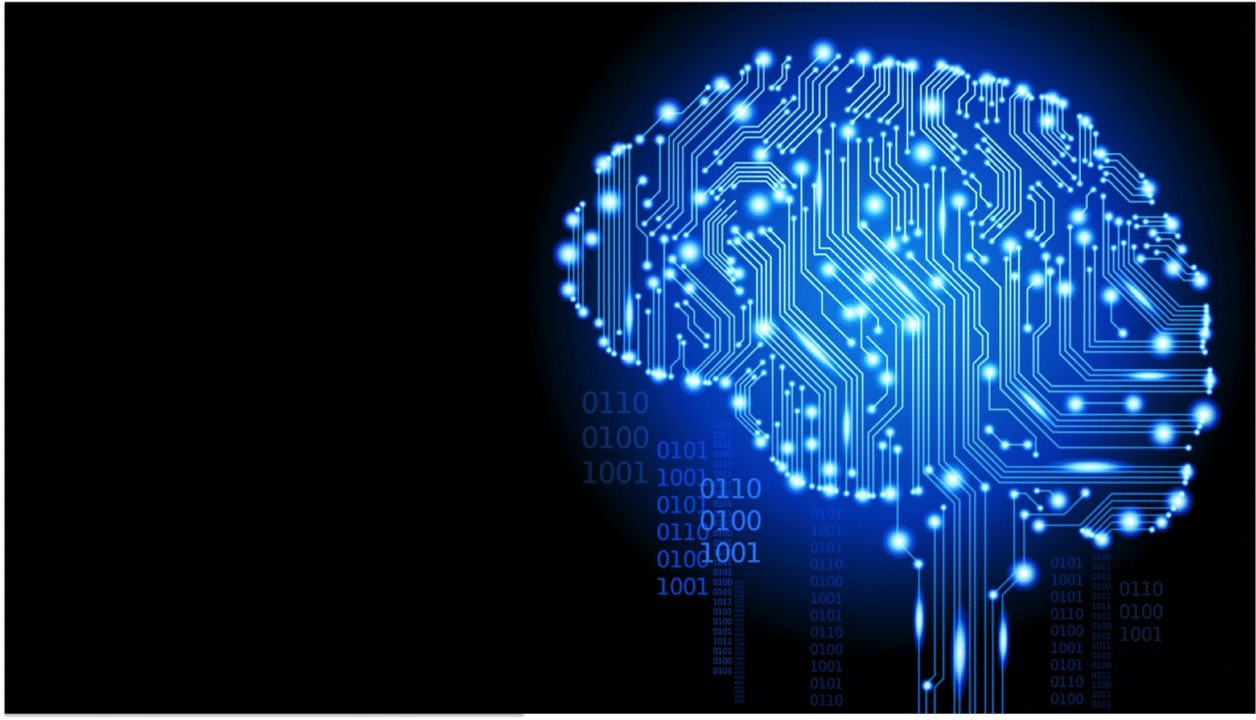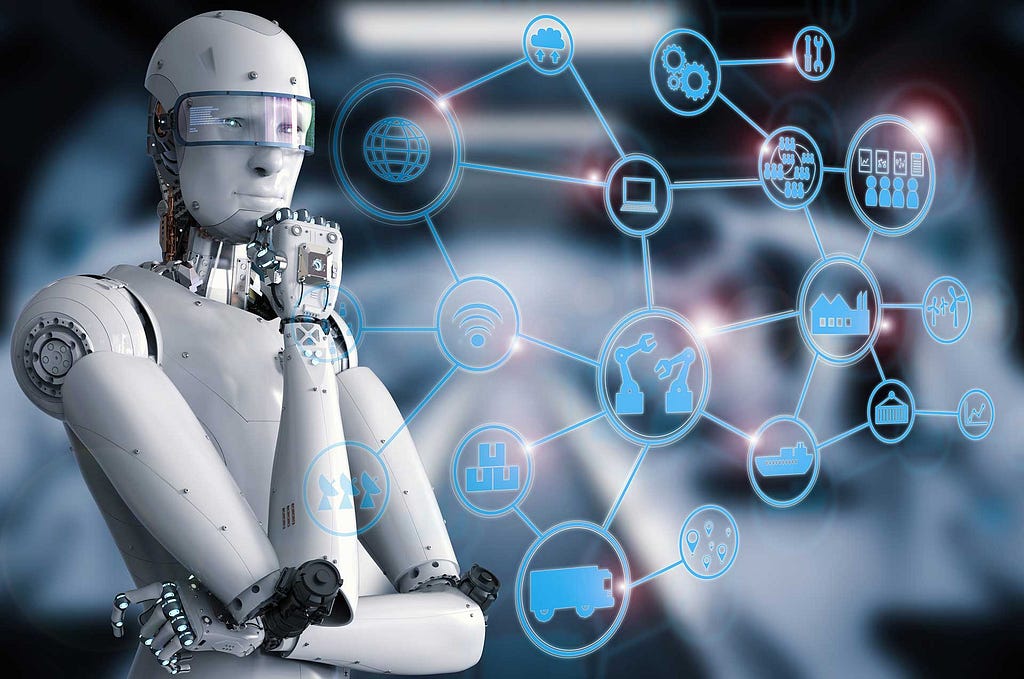Deep learning has transcended from being a niche area of research to becoming a central technology influencing various aspects of modern life. As we venture further into its potential, several key areas and emerging trends showcase its transformative impact on society and technology.
Enhanced Personalization
- Tailored User Experiences:
- Customized Recommendations: Deep learning algorithms analyze user behavior and preferences to deliver highly personalized recommendations in areas such as shopping, streaming media, and social media. This enhances user satisfaction and engagement by providing content and products that align with individual interests.
- Personalized Marketing: Businesses use AI to create targeted marketing campaigns, optimizing messages and promotions based on consumer data. This leads to more effective advertising and higher conversion rates.
- Adaptive Learning Platforms:
- Learning Pathways: AI-powered educational platforms adapt to students’ learning styles, strengths, and weaknesses, offering customized learning pathways and resources. This approach improves educational outcomes and helps students achieve their full potential.
- Real-Time Feedback: Intelligent tutoring systems provide immediate feedback and support to learners, enabling them to address challenges promptly and enhance their understanding of the material.
Innovations in Human-Machine Interaction
- Natural Language Processing (NLP):
- Conversational AI: Advances in NLP enable more sophisticated chatbots and virtual assistants capable of understanding and generating human-like responses. These systems enhance customer service, streamline workflows, and provide conversational support.
- Language Translation: AI-driven translation tools break down language barriers, facilitating communication across different cultures and languages. This has implications for global business, travel, and education.
- Augmented Reality (AR) and Virtual Reality (VR):
- Immersive Experiences: Deep learning enhances AR and VR applications by improving object recognition, scene understanding, and interactive experiences. This technology is used in gaming, training simulations, and virtual meetings.
- Mixed Reality: Combining AR and VR with AI creates mixed reality experiences that blend virtual and physical elements, offering new ways to interact with digital content.
AI and Creativity
- Generative AI:
- Creative Content Generation: Generative models, such as Generative Adversarial Networks (GANs), produce novel art, music, and literature. These models enable artists to explore new creative possibilities and collaborate with AI in the creative process.
- AI-Generated Designs: In design fields, AI assists in generating innovative patterns, styles, and products, pushing the boundaries of traditional design approaches.
- AI-Enhanced Media Production:
- Content Editing: AI tools automate video and audio editing processes, making it easier to create high-quality content. Features like automated scene detection, sound enhancement, and color correction streamline media production.
- Virtual Actors and Avatars: AI creates lifelike virtual actors and avatars for films, games, and virtual experiences. These digital characters can perform and interact in ways that were previously impossible.
Health and Wellness Advancements
- Precision Medicine:
- Genetic Research: Deep learning analyzes genetic data to identify biomarkers for diseases, predict patient responses to treatments, and personalize medical interventions. This leads to more effective and individualized care.
- Drug Discovery: AI accelerates the drug discovery process by analyzing chemical compounds, predicting drug interactions, and identifying potential treatments for various diseases.
- Mental Health Support:
- AI Therapists: Virtual therapists and mental health applications use AI to provide support, track emotional well-being, and offer therapeutic exercises. These tools complement traditional therapy and provide accessible mental health care.
- Mood Monitoring: AI analyzes patterns in speech, text, and behavior to monitor and assess mental health conditions, helping to detect early signs of issues and improve intervention strategies.
Advancements in Robotics
- Autonomous Robotics:
- Industrial Automation: AI-driven robots perform complex tasks in manufacturing, logistics, and other industries, enhancing productivity and precision. These robots adapt to dynamic environments and work alongside human operators.
- Service Robots: In consumer environments, service robots assist with tasks such as cleaning, delivery, and customer service. These robots improve convenience and efficiency in everyday life.
- Robotic Process Automation (RPA):
- Business Process Automation: RPA uses AI to automate repetitive business processes, such as data entry, invoice processing, and customer interactions. This reduces operational costs and frees up human resources for more strategic tasks.
- Intelligent Automation: Combining RPA with AI enables more sophisticated automation, such as decision-making and exception handling, further enhancing business efficiency.
Global Impact and Policy
- AI Governance:
- Ethical Frameworks: Developing ethical guidelines and governance frameworks for AI ensures responsible development and deployment of AI technologies. This includes addressing issues of bias, transparency, and accountability.
- Regulatory Policies: Governments and international bodies are establishing regulations to manage the impact of AI on society, addressing concerns related to privacy, security, and ethical use.
- Global Collaboration:
- International Research: Collaborative research efforts between countries and organizations advance AI technology and address global challenges. International partnerships foster innovation and share best practices.
- Development Aid: AI supports development efforts by providing tools for data analysis, resource management, and crisis response in underserved regions, contributing to global progress and equity.
Ethical Considerations and Challenges
- AI and Privacy:
- Data Protection: Ensuring that AI systems handle personal data responsibly and comply with data protection regulations is crucial for maintaining privacy and trust.
- Surveillance and Security: Balancing the use of AI for security purposes with privacy rights is an ongoing challenge. Ethical considerations guide the responsible use of surveillance technologies.
- AI and Bias:
- Fairness in AI: Addressing biases in AI algorithms and training data is essential for ensuring fair and equitable outcomes. Diverse datasets and inclusive design practices help mitigate bias.
- Bias Detection and Correction: Developing methods for detecting and correcting bias in AI systems promotes fairness and prevents discrimination.
- AI and Job Displacement:
- Future of Work: As AI automates tasks, reskilling and upskilling programs are vital for preparing the workforce for new roles. Emphasizing human-AI collaboration and lifelong learning helps address job displacement.
- Economic Impact: Analyzing the economic impact of AI on different industries and job markets helps policymakers develop strategies to manage transitions and support affected workers.
Conclusion
Deep learning stands at the forefront of technological innovation, driving progress across diverse fields and shaping the future of technology and society. From enhancing personalization and creativity to advancing healthcare and robotics, deep learning continues to unlock new possibilities and address complex challenges.
As we explore the potential of deep learning, it is essential to navigate ethical considerations, foster global collaboration, and ensure responsible development. By embracing the opportunities presented by deep learning and addressing its challenges, we can create a future where AI enhances human capabilities, drives innovation, and contributes to a more equitable and sustainable world. The journey of deep learning is an ongoing exploration, offering endless opportunities for discovery and transformation.


